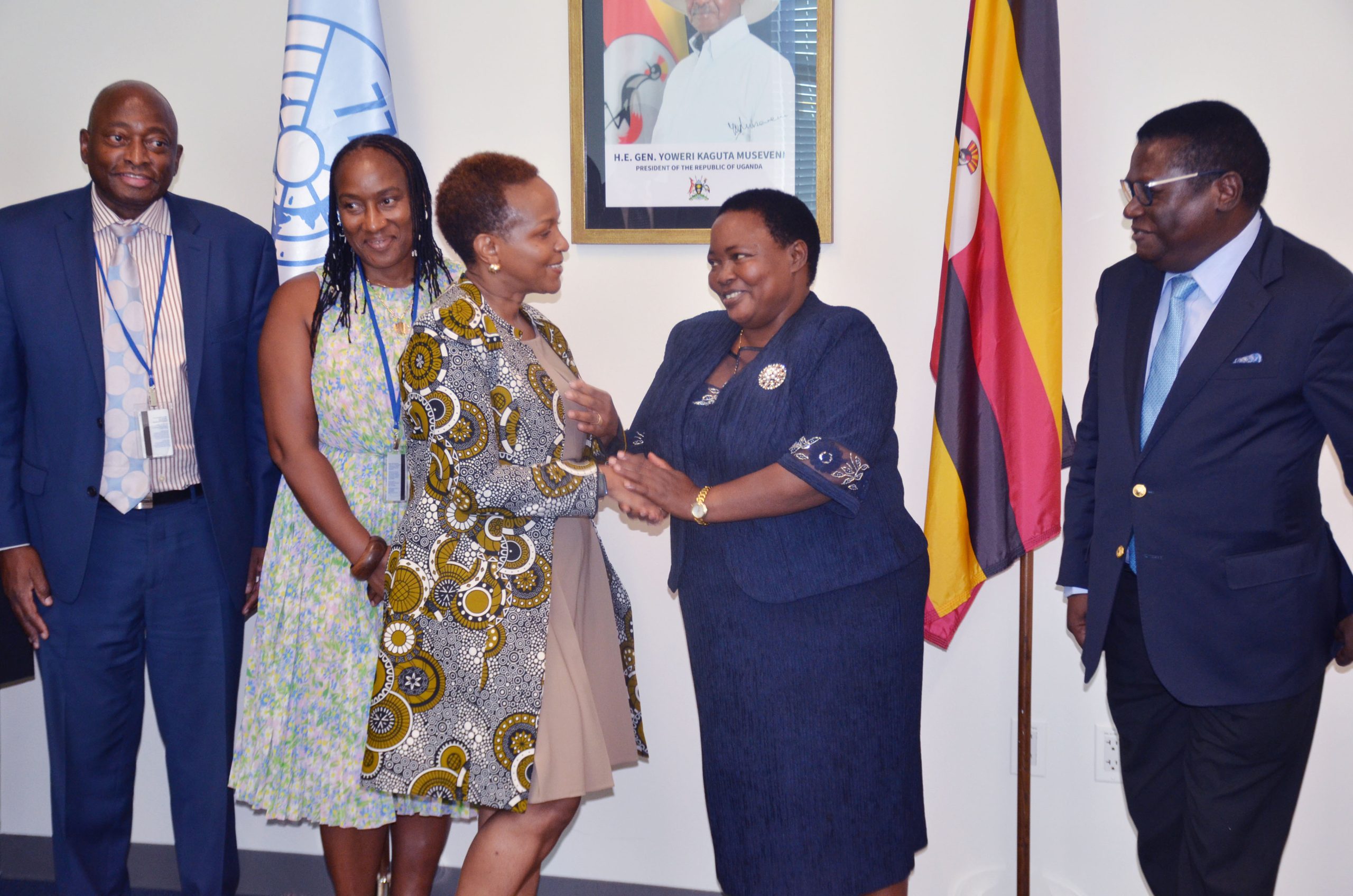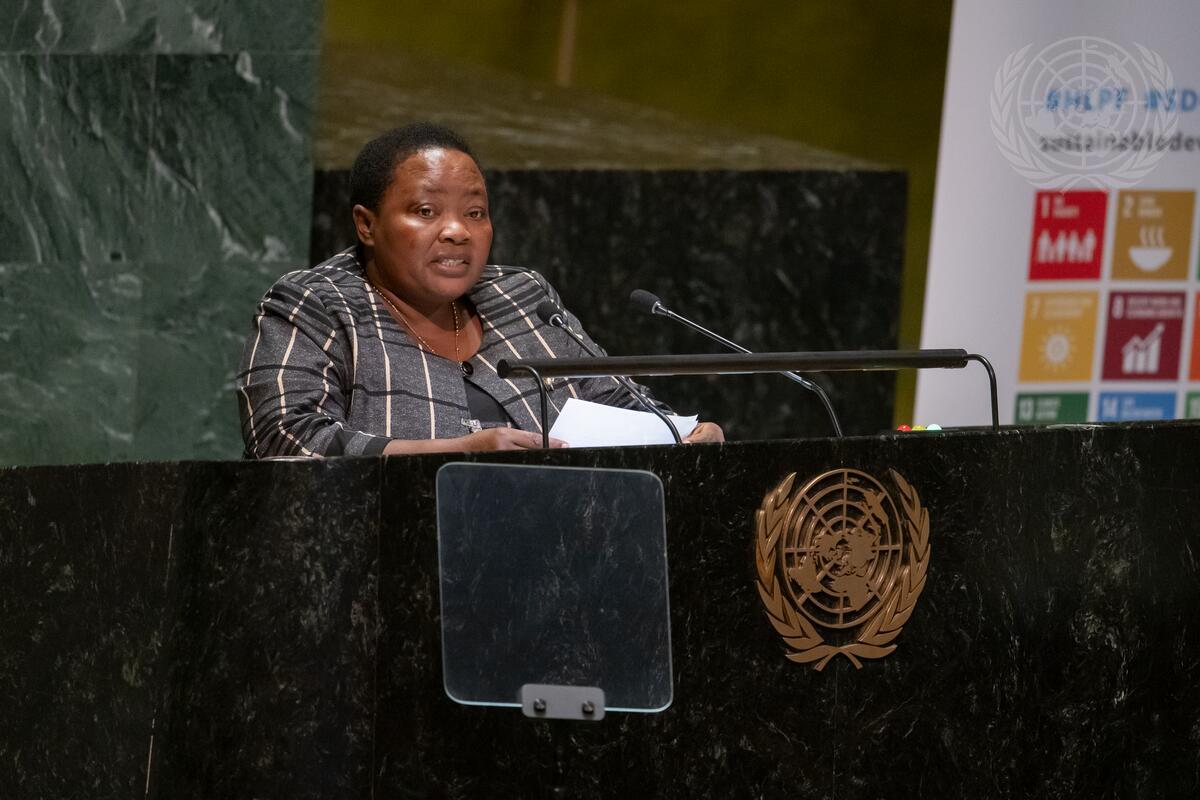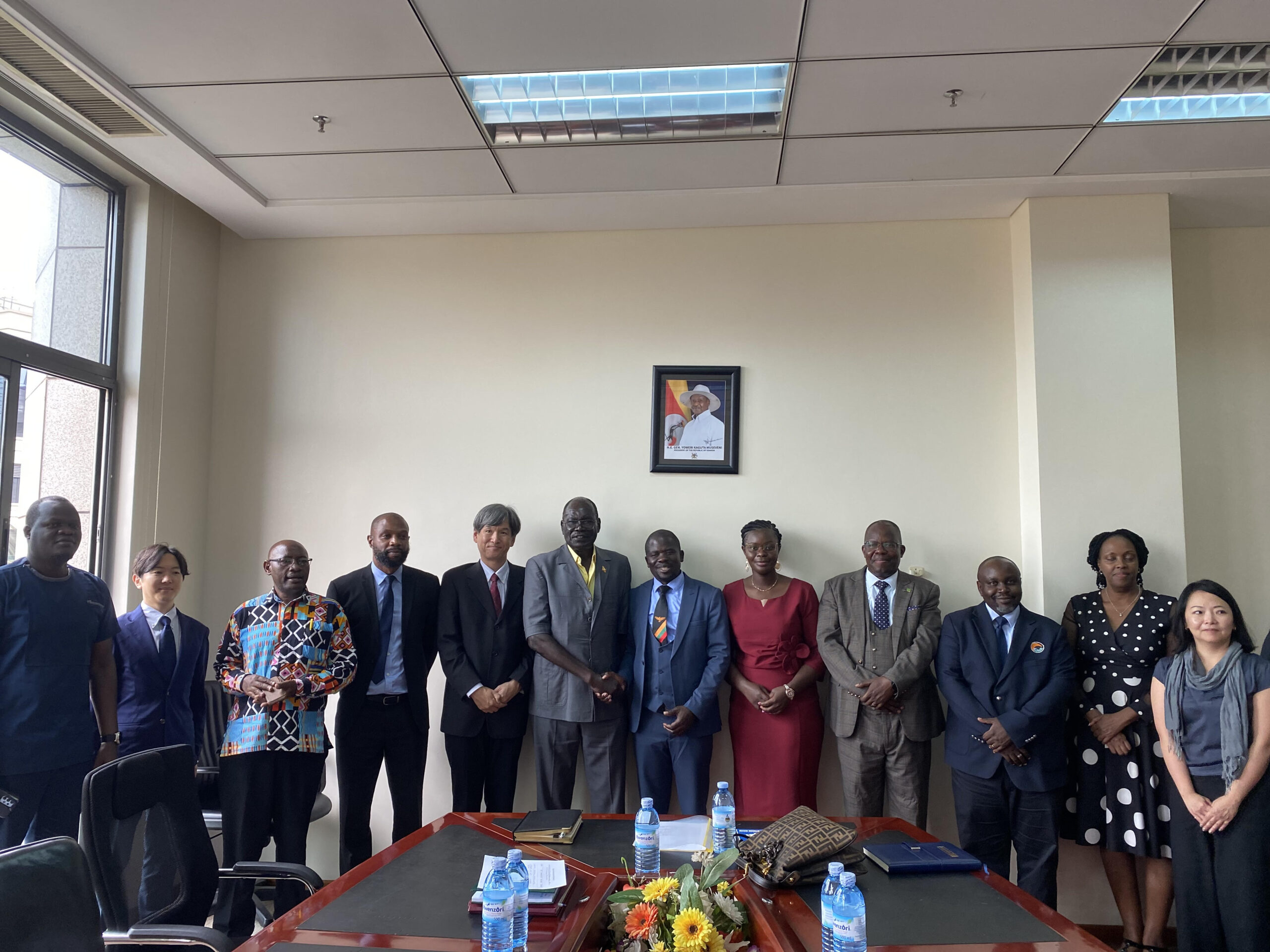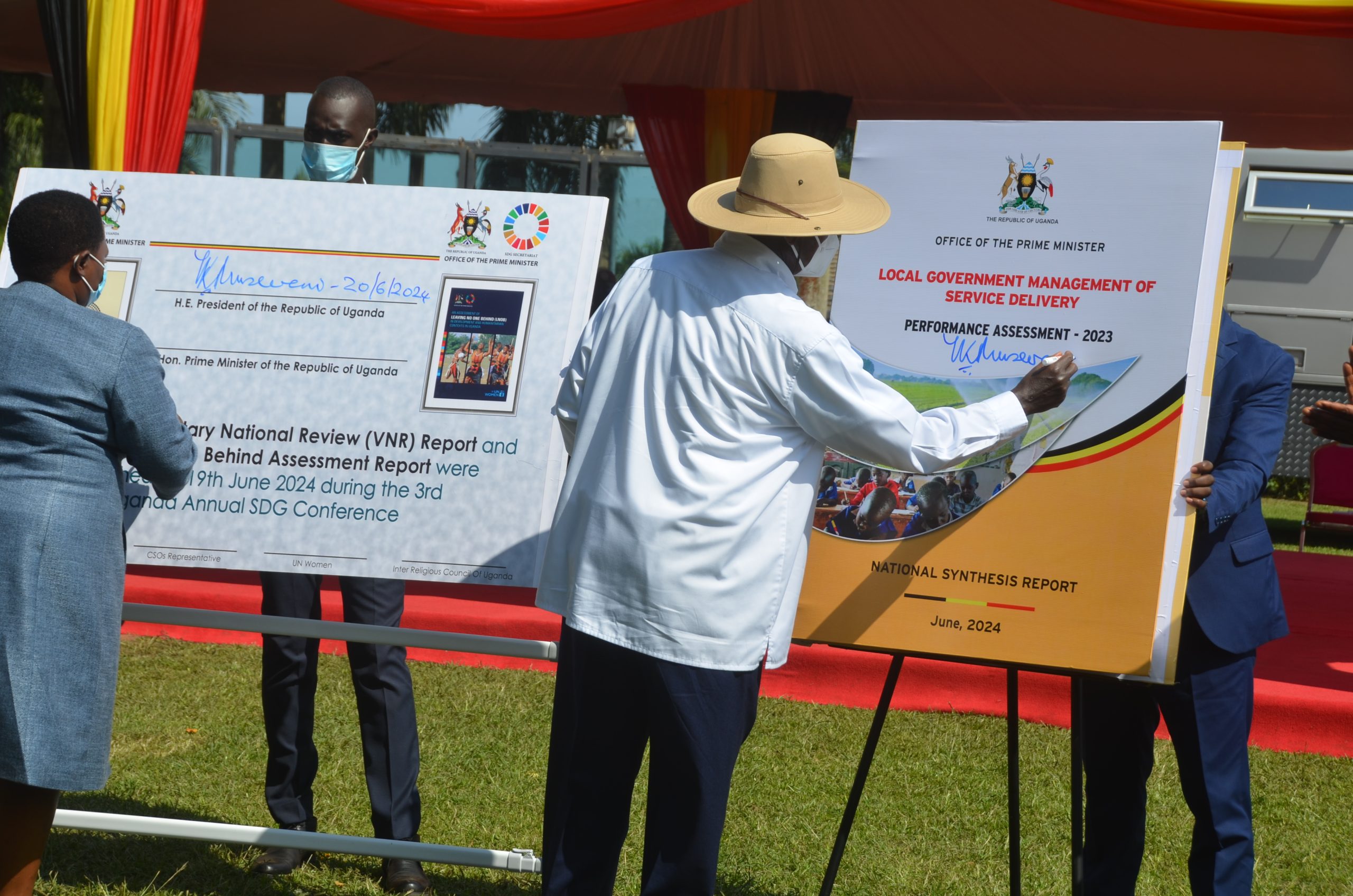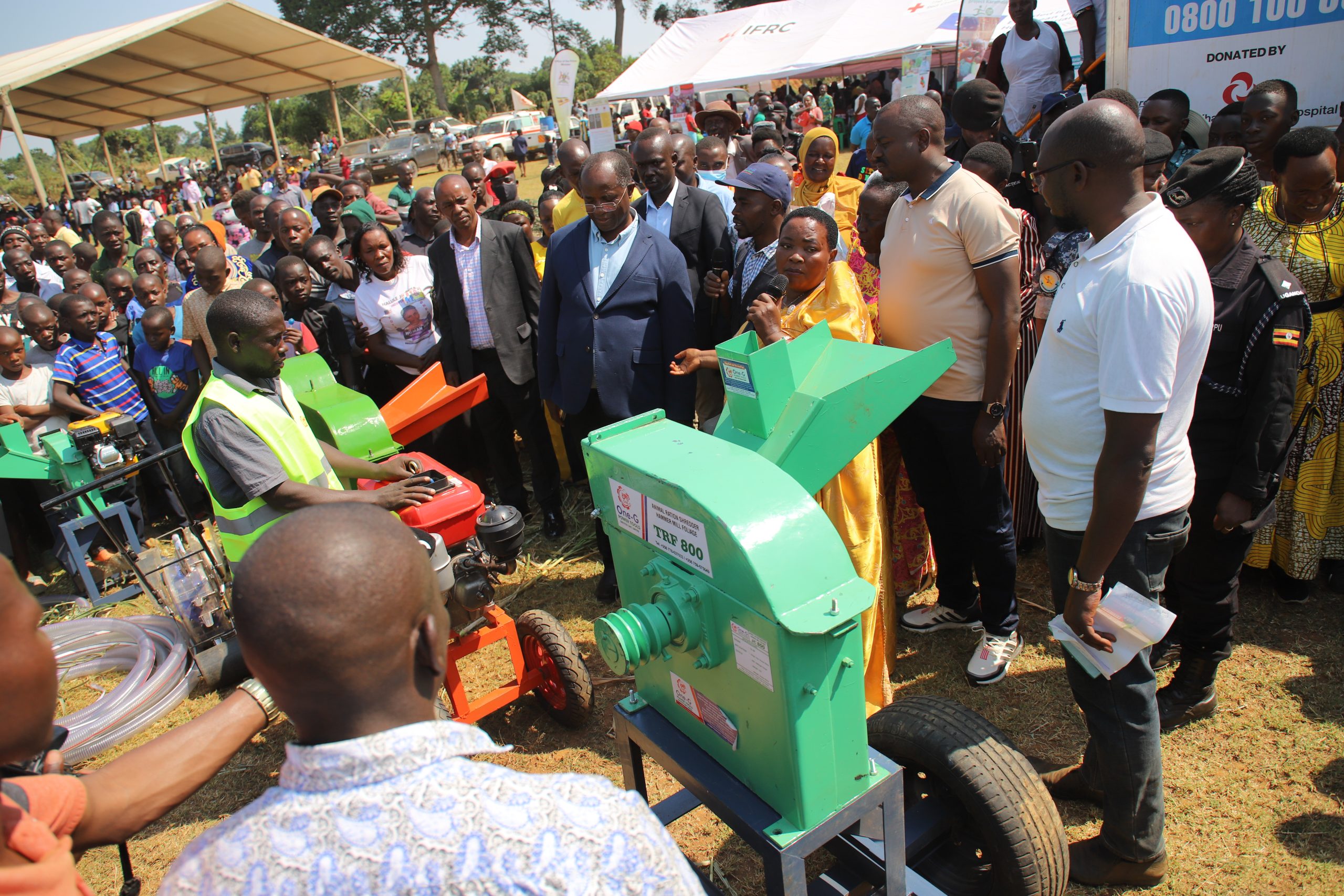By: Alinaitwe Jotham
MUNYONYO
Uganda was granted a unique opportunity to pilot the World Health Organization’s (WHO) global guidance framework for the responsible use of life sciences: mitigating bio-risks and governing dual-use research in the Afro region, through the Office of the Prime Minister, and will share its experience and lessons learned with the rest of the world.
This was following a regional workshop held in Nairobi, Kenya from January 24-25, 2023, to enhance, consolidate, and encourage greater participation from Member States and regional champions in the field of responsible use of the life sciences in the Afro region.
The Global Guidance Framework was published in 2022 by the World Health Organization (WHO). Using the life sciences to advance global health, this framework encourages member states and pertinent stakeholders to reduce bio-risks and safely regulate dual-use research (DUR).
It is an extensive worldwide guideline document designed to provide direction for developing national frameworks and strategies for controlling dual-use research and reducing bio-risks in the context of One Health. The framework, while comprehensive in its scope, must be tailored to the needs and circumstances of different countries and stakeholders. This is because regulating dual-use research and mitigating bio-risk is a global issue that calls for shared responsibility rather than a one-size-fits-all approach.
Progress of implementation of the pilot in Uganda
Stakeholder Mapping Survey and Results
A field survey was conducted to identify stakeholders’ interests and knowledge of the DUR framework, with 36 organizations assessed across four regions. They were selected based on different ownership to include Government-owned, Private for-profit and Private not-for-profit organizations/ institutions. The sampling of organizations by function considered Education and Training, Research and Development, Policy and Regulatory.
The results from this survey showed that 92% of the organizations assessed reported directly conducting research for over 10 years. There was an understanding of biosafety and biosecurity among the respondents. However, it was limited, mainly to biosafety officers, and the effectiveness of these measures varied across organizations. 53% of the respondents reported not having an understanding of dual-use research and dual-use research of concern. 83% of the respondents believed they had projects at their organizations that qualified as dual-use research. Only 20% of assessed organizations were familiar with the WHO Global guidance framework for responsible life sciences, with two having undergone training in 2022 and August 2023. One of these had accessed the framework online while the other received it through another organization.
Other Training and awareness programs on Bio risk management including Dual-use Research and its governance included Bio Risk Management training using the National BRM curriculum under the Uganda National Health Laboratory Services/ Ministry of Health (NHLS/MOH) and implementing partners, Human subjects and principles of researching human subjects. Training on the protection of human subjects and Biosafety by the Uganda National Council of Sciences and Technology (UNCST) were reported as training that had been implemented at some of the surveyed Organizations
The Uganda National Health Laboratory Services/MOH and UNCST have implemented training and awareness programs using the National BRM curriculum under the Uganda National Health Laboratory Services/ Ministry of Health (NHLS/MOH), on bio-risk management, human subjects, and biosafety, including dual-use Research and human subjects’ protection, in some surveyed organizations.
Stakeholder workshop and recommendations
From 21 to 23 November 2023, Uganda hosted a three-day national stakeholder workshop in Kampala. The Uganda Office of the Prime Minister coordinated the workshop, with support from the WHO Country Office for Uganda, WHO Regional Office for Africa, and WHO headquarters
As an outcome of the workshop, stakeholders developed a roadmap for Uganda’s integrated, efficient, and cost-effective framework implementation. This included strategies focusing on resource investment, stakeholder mapping, regional and cross-sector collaboration, research oversight, and international collaboration.
Technical stakeholders’ workshop
A technical stakeholders’ workshop was convened from 06 to 07 March 2024, to continue sensitizing key stakeholders and review the draft roadmap developed in the prior workshop. Over 30 technical stakeholders from academia, industry, government, and nongovernmental organizations (NGOs) participated.
The workshop resulted in heightened awareness, documented stakeholder roles, and a refined roadmap, serving as a working document for subsequent high-level stakeholder meetings and
High-level stakeholders Meeting
A high-level stakeholders meeting was held on 15 March 2024. With over 50 high-level participants, including government officials and WHO representatives, the meeting aimed to secure support and ownership for implementing the framework. The meeting was led by Hon. Dr. Monica Musenero, the Minister of Science, Technology, and Innovation who emphasized Uganda dedication to fostering biosecurity and ethical research practices, echoing sentiments shared by other key stakeholders. The outcomes of the meeting were substantial, with the Minister pledging concrete actions, the Minister of Science, Technology and Innovation made a very strong commitment by taking the lead to advance the domestication and operationalization of the framework in Uganda. She assigned the Uganda National Council of Science and Technology (UNCST) as the technical lead entity in the process of domesticating and operationalizing the framework in Uganda under the general coordination of the office of the Prime Minister.
Under the leadership of UNCST, a technical working group with representation from relevant ministries, departments and agencies spanning the categories of policy makers, regulators, implementers, development partners etc. will be instituted to domesticate the framework. The domesticated framework will then be operationalized in the country at different levels.
Uganda’s experience and lessons learned on piloting the Global guidance framework for responsible use of life sciences will be shared to support implementation world wide
Embracing this framework offers a host of benefits, from strengthening scientific capacity to fostering international collaboration. it provides a critical foundation for establishing robust national legal frameworks aligned with global standards, thus adopting the Global guidance framework for the responsible use of life sciences is therefore not merely a compliance measure but a strategic imperative. It positions the country as a responsible global actor, mitigates security risks associated with dual-use research, and unlocks economic, scientific, and diplomatic opportunities that contribute to overall national advancement and stability.

